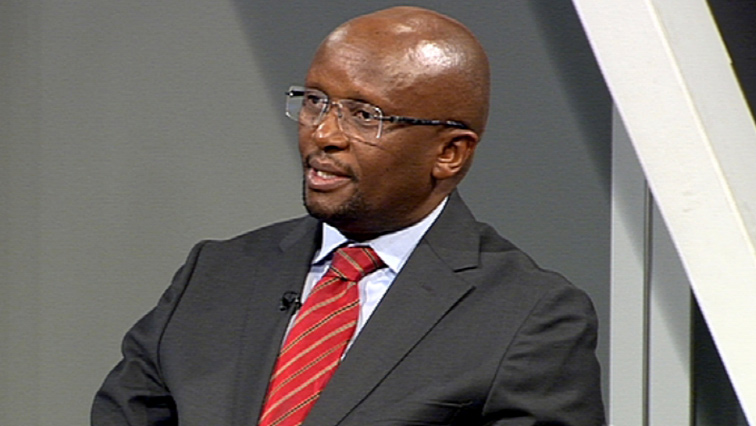The Independent Electoral Commission (IEC) has given South Africans assurance that it will deliver quality provincial and national elections.
This comes after President Cyril Ramaphosa signed the Electoral Amendment Bill into law, enabling independent candidates to contest in provincial and national elections.
This follows the historic Constitutional Court ruling that found the Act unconstitutional. Some civil society organisations have criticised the Act and threatened legal action.
The IEC has now set the month of November for voter registration. IEC Chairperson Mosotho Moepya says, “So, we welcome this enactment of the law. This for us was a missing puzzle in the whole equation, that’s why we are able to say there will be a registration weekend on the 18th and 19th of November this year.”
The Act requires the Minister of Home Affairs, Aaron Motsoaledi, to establish the Electoral Reform Consultation Panel within four months of gazetting the amendments.
The panel will make recommendations on potential reforms of the electoral system for future elections of the National Assembly and the provincial legislatures after next year’s polls.
IEC Chief Electoral Officer Sy Mamabolo says, “The electoral system that we have for 2024 can be seen as a transitional electoral system because after that a panel is constituted and that panel will do a reform exercise around the electoral system, it will have to structure its work such that there’s a revised electoral system by the time the 2029 elections come.”
In the video below, IEC welcomes Electoral Amendment Bill:
Reforms
A number of changes will be implemented which will enable the IEC to comply with the new Act.
“The amended Act provides for an additional ballot paper in the election of the National Assembly thereby offering voters a non-binary choice of either a party or independent. The effect of this is that the regional and compensatory ballots are separate (two ballots instead of a single ballot as was previously the case). The regional ballot for the National Assembly includes parties and independents. The other (national) ballot contains only parties in order to restore proportionality. The ballots for the regional seats in the National Assembly will be region-specific in a manner similar to provincial legislature ballots,” adds Moepya.
Meanwhile, some civil society organisations have threatened to launch legal action, arguing that it is flawed in its current form.
According to the New Nation Movement, President Ramaphosa’s signing of the Electoral Amendment Bill into Law means that the President has chosen not to give substantive effect to the Constitutional Court judgment handed down in June 2020. According to the organization, the amendments enacted by Parliament and now endorsed by the President appear to address the unconstitutional elements of Electoral Act 73 of 1998 in the sense that it allows independent candidates to run for election to the National Assembly and provincial legislatures. The Amendment Electoral Act of 2022, on the other hand, contains some serious and troubling contradictions.

